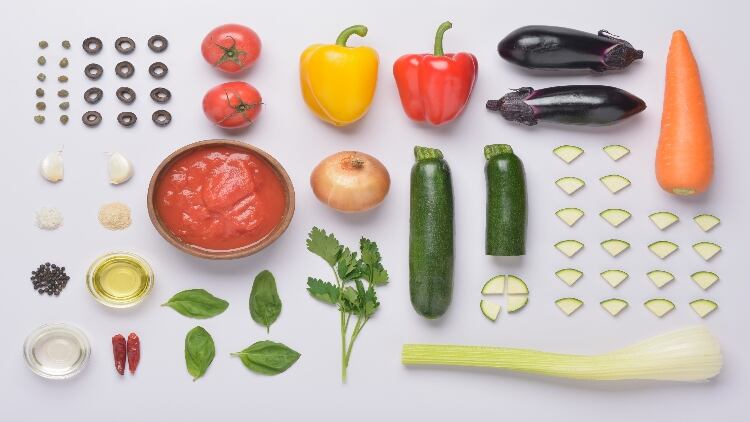Buying specialist Lynx Purchasing’s Summer Market Update report looks as supply issues coming up and it cites a variety of food categories that could be hit by supply issues.
This included poultry as the combination of the impact of Covid-19 twinned with high demand, the report advised operators planning for Christmas to order early or plan alternatives.
Furthermore, for potatoes, it predicted UK crops were likely to be higher demand after floods impacted European growers with supplies for frozen chips particularly affected.
Lynx Purchasing managing director Rachel Dobson said: “The ‘perfect storm’ is about to break. The Bank of England is forecasting inflation will hit 3% this autumn, other economists suggest 4% and for some key food and drink sectors, it’s likely to be higher still.
“The labour shortage, the impact of Brexit on imports, higher distribution and fuel costs and the continuing impact of the Covid pandemic globally are all factors.
“The effect of inflation not only on costs, but also potentially on consumer confidence, coming as operators are working to rebuild after lockdown, is as serious as any challenge the sector has faced in recent years."
Significant and widespread challenge
The purchasing expert advised operators to buy UK produce that is in season where possible, when it is at its best in terms of quality, availability and value but that only works so far in this market.
She added: “From pepper to Pinot Noir, every menu relies to an extent on global products. Even for anyone who’s worked in purchasing for some time, this is as significant and widespread a challenge as we’ve seen.
“The same labour shortages hospitality is seeing on the front line stretch back through the supply chain via warehousing and distribution to picking and packing.
“Globally, recovery from Covid is really only as fast as the slowest vaccine roll out. In regions such as the Far East, where a great deal of poultry and seafood is processed, they are still facing real challenges.”
One ingredient currently facing challenges is cooking oil and increased demand alongside reduced global supply is pushing up prices.
Dobson said: “Operators will have to factor in higher prices and potential shortages not just now, but as they plan menus for the key Christmas period.
“For example, there’s a global shortage of cooking oil, which is not only a store cupboard staple in its own right but an essential ingredient in many other products.
“Commodities such as rice, grain and coffee are traded globally and prices inevitably go up when fuel and transport costs are high.”
Improve buying discipline
However, produce including homegrown salads and berries are currently good quality and value for money.
Dobson went on to outline the best practice operators can take, moving forward, to limit the impact food supply issues could have on their business.
“It’s going to take a concerted effort to move forward. At Government level, the problems of post-Brexit bureaucracy and the challenges of employing overseas labour have to be addressed. Internationally, the roll out of Covid vaccines is key,” she said.
“Suppliers hate to be unable to fulfil customers orders and are doing all they can to meet demand but operators will also have to do their bit.
“Those who can keep their menus flexible will be best-placed to make the most of changing availability but there will also be opportunities for those who can improve their buying discipline.
“Daily deliveries and just-in-time top up orders have led to a degree of complacency. Operators may have to get used to better menu planning, more notice for suppliers and fewer and bigger deliveries in future.”





